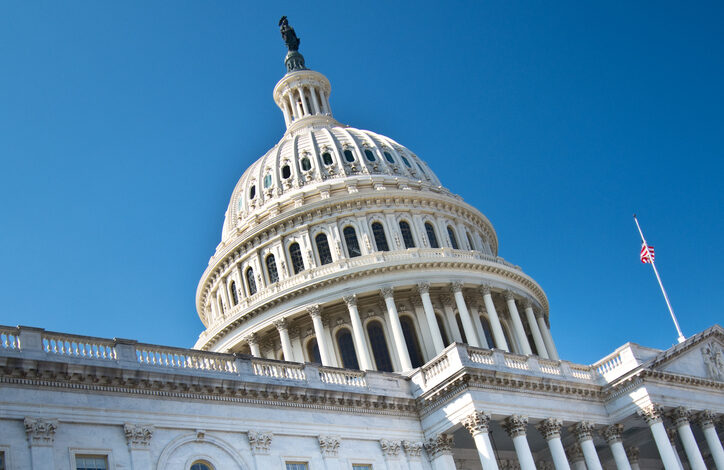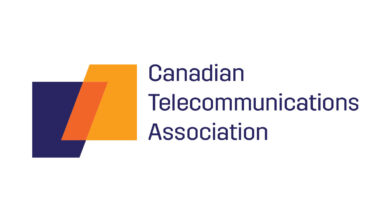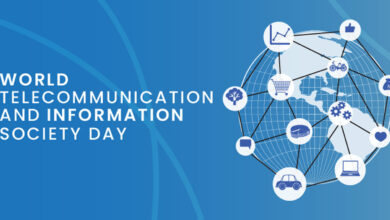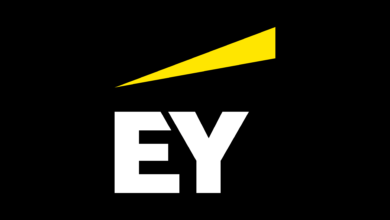U.S. Senate eyes funding the Affordable Connectivity Program through broader telecommunications package

On May 9, U.S. Sen. Ben Ray Lujan (D-N.M.) introduced S. 4317, a bill which would provide $6 billion in funding for the Affordable Connectivity Program (ACP) and enact programmatic changes to the ACP to improve fiscal sustainability of the program and better target communities in need. The legislation now has 16 bipartisan senators who are embracing the deal as a good-faith negotiation effort.
Separately, the Senate Commerce Committee is preparing to mark up the Spectrum and National Security Act this month, which is a separate legislative vehicle that includes $7 billion in funding for the ACP. The legislation is led by Sen. Maria Cantwell (D-Wash.) and includes broad telecommunications provisions such as funding for Next-Generation 911, the “rip and replace” program and a renewal of auction authority for the Federal Communications Commission (FCC).
The new legislative proposals come as the Affordable Connectivity Program Extension Act (H.R. 6929/S. 3565) has stalled. Rep. Yvette Clark (D-N.Y.), the sponsor of the H.R. 6929 in the House, has so far failed to secure support for a discharge petition (H. Res. 1119) which would bring the legislation to an immediate floor vote, despite the legislation having over 220 sponsors in the House.
Overview of S. 4317
The new bill, S. 4317, would provide $6 billion in funding for the ACP and proposed the following programmatic changes to the program:
- Requires providers to utilize the National Verifier or National Lifeline Accountability Database
- Eliminates eligibility through the USDA’s Community Eligibility Program, while preserving eligibility through Free & Reduced School Lunch Program
- Reduces eligibility through income to 135 percent of the Federal Poverty Line, consistent with the FCC’s Lifeline program
- Repeals the $100 connected device subsidy for households
- Requires the FCC to develop and implement antifraud controls and performance standards
- Allows the FCC to update eligibility rules within 180 days of enactment, including required recertification of all households’ eligibility for the program within 240 days of enactment
A group of Senators attempted to attach the legislation as an amendment to the Federal Aviation Administration (FAA) reauthorization bill. However, the Senate ultimately agreed to exclude any non-germane amendments to the FAA reauthorization bill, and the legislative vehicle passed Congress last week.
The Spectrum and National Security Act
The Spectrum and National Security Act is a broad telecommunications legislative vehicle, which includes the following provisions, among others:
- Establishes a Spectrum Auction Trust Fund in the U.S. Dept. of Treasury, that would fund the following programs:
- $7 billion to the Affordable Connectivity Program
- $3.08 billion for the Secure and Trusted Communications Networks Reimbursement (Rip and Replace) Program
- $2 billion for Next Generation 9-1-1
- $2 billion to fund technology hubs
- $3 billion for CHIPS and Science Act’s semiconductor manufacturing incentive grants
- $5 billion for research consistent with other authorizations in the CHIPS and Science Act
- $500 million for the Telecommunications Workforce Training Grant Program
- $200 million for the Minority Serving Institutions Program
- $25 million for NTIA and Dept. of Defense spectrum research and development
- Reauthorizes and extends the Federal Communications Commission’s (FCC) spectrum auction authority by five years, to September 30, 2029
- Directs the FCC to auction new licenses for the 12.7 to 13.25 GHz band within three years, by December 30, 2027
- Establishes a Next Generation 9-1-1 (NG911) grant program to be administered by NTIA
- Requires NTIA to establish a NG911 Cybersecurity Center for coordination with state and local governments on the sharing of cybersecurity information to detect and prevent cybersecurity intrusions
- Establishes a NG911 Advisory Board that includes 4 members representing local law enforcement, 4 members representing fire and rescue officials, 4 members representing emergency medical service officials and 4 representing 9-1-1 professionals
Action Items and Next Steps
As Congress continues to negotiate the inclusion of ACP funding in upcoming legislative vehicles, NACo urges members to contact their congressional delegation to express support for continued funding to the program. NACo will be working diligently with congressional offices to continue to advocate for a funding solution to the ACP to prevent the program from expiring, and NACo will provide updates as they become available.
The ACP provides a monthly consumer benefit of $30 to eligible households to afford high-speed internet services. In anticipation of a lack of funds, the FCC announced wind-down procedures for the program, and on February 8, 2024, stopped accepting new enrollments for the program. On April 9, the FCC announced that April would be the final month of full reimbursement and, absent additional funding, subscribed households would receive a final, partial reimbursement in May. Want to learn more? Visit NACo’s ACP Outreach Toolkit for more details.



